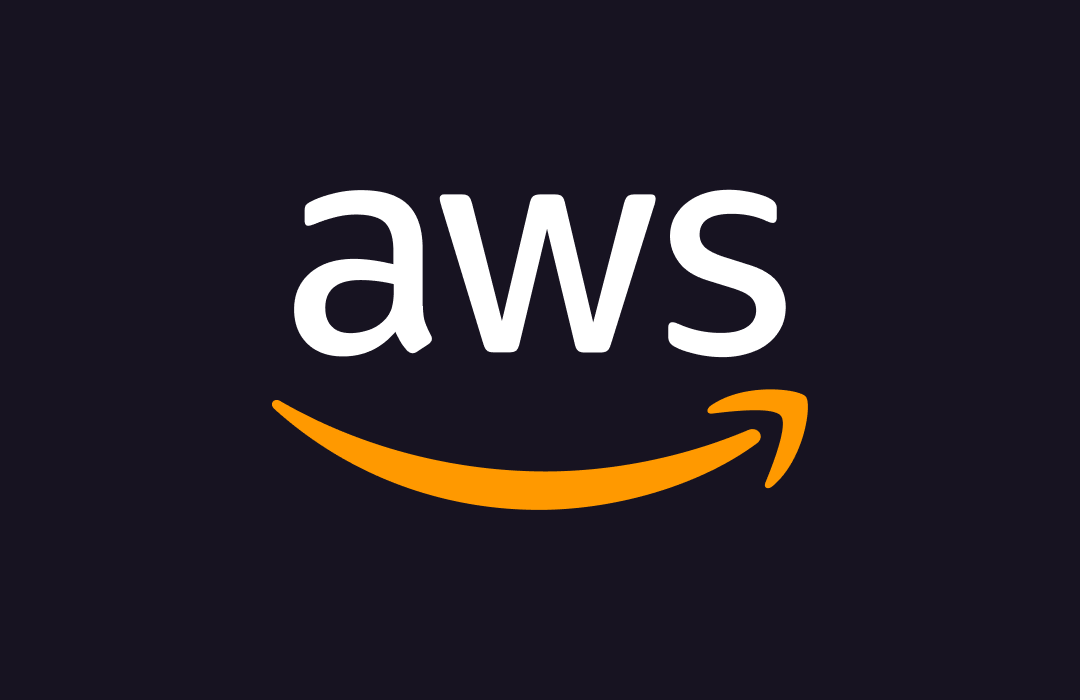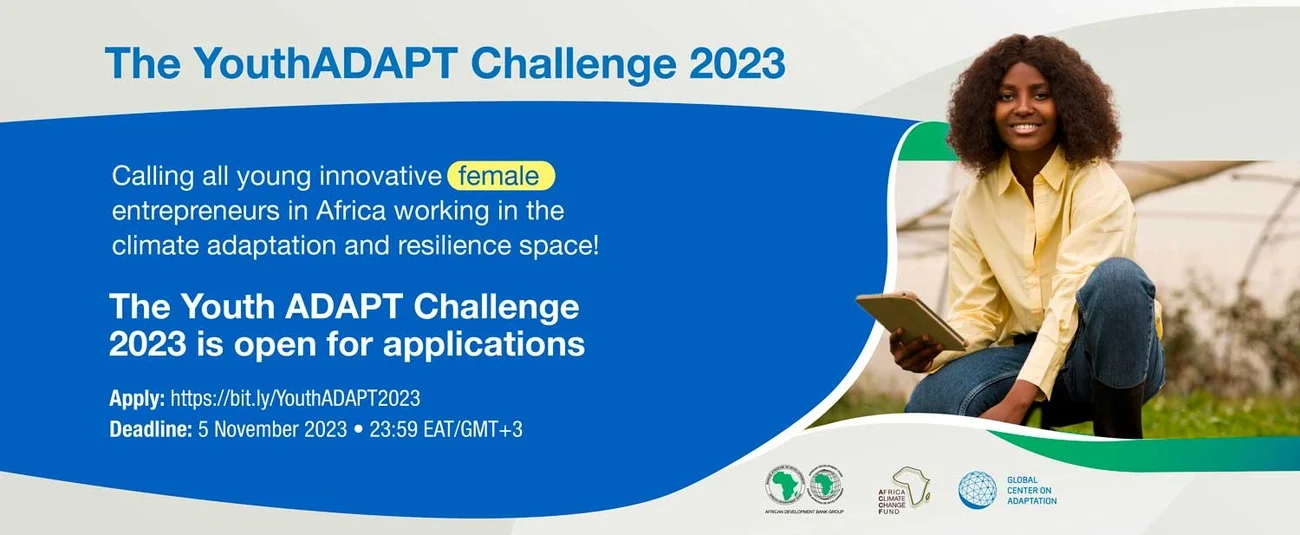On January 13, 2025, AWS made a groundbreaking announcement: businesses in emerging markets can now pay for their services in eight additional local currencies, including the Nigerian Naira (NGN), Chilean Peso (CLP), and Egyptian Pound (EGP). This development isn’t just about convenience—it’s a lifeline for startups in regions like Africa, where the burden of dollarized SaaS and compute costs has long been a silent but significant barrier to growth.
The Strain of Dollarized SaaS and Compute Costs on Startups
For startups in Nigeria and other African nations, the overwhelming cost of accessing essential software and compute resources in U.S. dollars is one of the largest drains on their limited funds. A significant portion of venture capital raised by African startups ends up funneled into dollarized SaaS subscriptions and cloud computing bills. Whether it’s storage, compute, analytics, or development tools, these costs are amplified by the depreciation of local currencies and fluctuating exchange rates.
The gap is stark: African startups are effectively competing in a global marketplace with a 1,500x disadvantage. Every dollar spent on compute or software means less available for hiring local talent, scaling operations, or investing in innovation. Startups are often forced to prioritize essential services over growth opportunities, stifling their potential before they even gain traction.
Why Local Currency Payments Are a Revolution
The decision by AWS to support local currency payments addresses these issues head-on. Here’s why it matters so much for African startups:
- Reduced Financial Strain: By eliminating the need to convert local revenue into dollars, startups avoid high foreign exchange fees and the volatility of exchange rates, keeping more of their hard-earned funds.
- Frees Up Capital for Growth: Instead of spending a disproportionate share of funding on dollarized compute and SaaS, startups can redirect these resources toward critical areas like product development, marketing, and talent acquisition.
- Compliance and Accessibility: Local currency payments remove barriers created by local regulations that limit foreign currency access. This accessibility empowers more startups to participate in the global tech ecosystem.
- Sustainability Over Reliance on Free Credits: While free credits from platforms like AWS and Google are helpful, they are temporary solutions. Allowing payments in local currencies creates a sustainable pathway for startups to scale without financial bottlenecks.
- Enabling Innovation: With reduced financial pressures, startups are free to experiment, innovate, and compete on a more equal footing with their global counterparts.
How Dollarized Costs Impact the Ecosystem
The broader implications of dollarized SaaS and compute costs extend beyond startups. When venture capital raised in Africa flows disproportionately into U.S.-based service providers, the local ecosystem suffers. Instead of creating a virtuous cycle where funding circulates through local economies—hiring talent, building infrastructure, and fostering innovation—it drains outwards, perpetuating dependency and inequality.
The Role of Cloud Providers in Bridging the Gap
AWS and companies like Zoho have shown commendable leadership by localizing their payment systems. However, major players like Google Cloud and Microsoft Azure remain laggards. Their continued reliance on dollarized pricing forces African startups to navigate an uneven playing field, where global ambitions are handicapped by local realities.
Governments and industry leaders must advocate for a broader shift. Encouraging or even mandating local currency options for international service providers could have transformative effects on emerging markets, driving inclusion and growth.
A Catalyst for Growth
By accepting payments in Naira, AWS has taken a critical step toward leveling the playing field for African startups. This move unlocks opportunities for growth that were previously out of reach, enabling startups to channel their resources into building solutions that address local challenges and global markets.
It’s time for the tech ecosystem to fully embrace the potential of Africa’s startups. By localizing payment systems, cloud providers not only secure new markets but also play a vital role in fostering innovation and economic development. The ripple effects of such decisions could catalyze a new era of growth, one where African startups thrive on their terms and take their rightful place on the global stage.
AWS’s move is proof that the future of tech is local—and it’s about time everyone else caught up.





